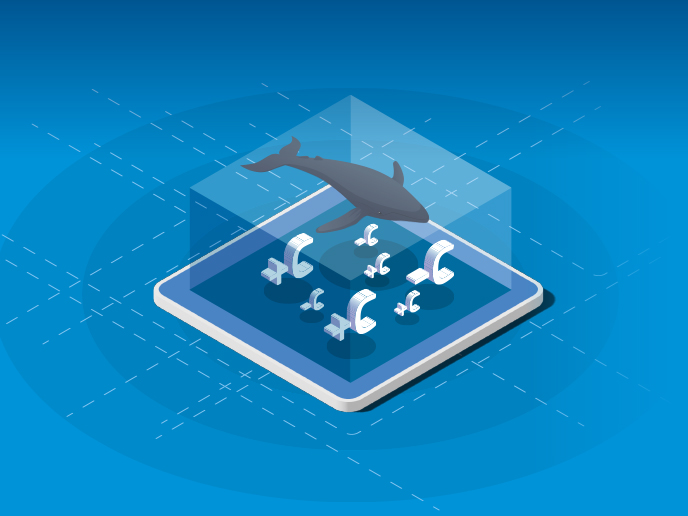VI - Quantifying the human impact on oceanic carbon storage
We will create exploitation scenarios for ocean resource extraction, linked to the Shared Socioeconomic Pathways, outlining the impact of human processes on ocean carbon cycling.
Richard Sanders, OceanICU project coordinator
The ocean absorbs about 25 % of all carbon dioxide(opens in new window) emitted into the atmosphere. “While this buys us time to develop climate change mitigation and adaptation measures, it increases ocean acidification, disrupting food cycles,” says Richard Sanders from NORCE(opens in new window), coordinator of the EU-funded OceanICU(opens in new window) project. “Studying how biological processes, including feeding and excretion, contribute to the biological carbon pump is frontier research.” Due to high variability in carbon fluxes across time and location, accurate quantification of net oceanic carbon uptake requires large amounts of data. “Unfortunately, the data and modelling about ocean CO2 uptake simply don’t agree,” explains Sanders. OceanICU will help resolve these inconsistencies. OceanICU will measure how the carbon cycle will likely develop in a changing climate, focusing on the influence of large-scale extraction of fish and mineral resources. The data will be used to inform AI-driven decision support tools to help policymakers sustainably manage the trade-offs needed to guide future investment, especially for the green transition. Oceanic carbon cycles include exchanges at the sea surface, propelled by a variety of processes such as cooling and biological carbon uptake driven by photosynthetic organisms. “Activities such as fishing, energy and mineral extraction likely affect biological fluxes,” notes Sanders. Data is being collected from publicly available databases, including the climate modelling CMIP Archive(opens in new window) and the Surface Ocean CO2 Atlas(opens in new window), scientific literature and experiments, to inform new simulations. These will model the likely impacts of significant societal transformations, such as carbon neutrality goals enshrined in the European Green Deal, which is anticipated to increase demand for seafloor minerals. “We will create exploitation scenarios for ocean resource extraction, linked to the Shared Socioeconomic Pathways(opens in new window), outlining the impact of human processes on ocean carbon cycling,” adds Sanders. The findings will ultimately inform policymaking, supporting the United Nations Framework Convention on Climate Change’s ambition of including oceanic carbon storage(opens in new window) in the global stocktake, and the Intergovernmental Panel on Climate Change(opens in new window).



